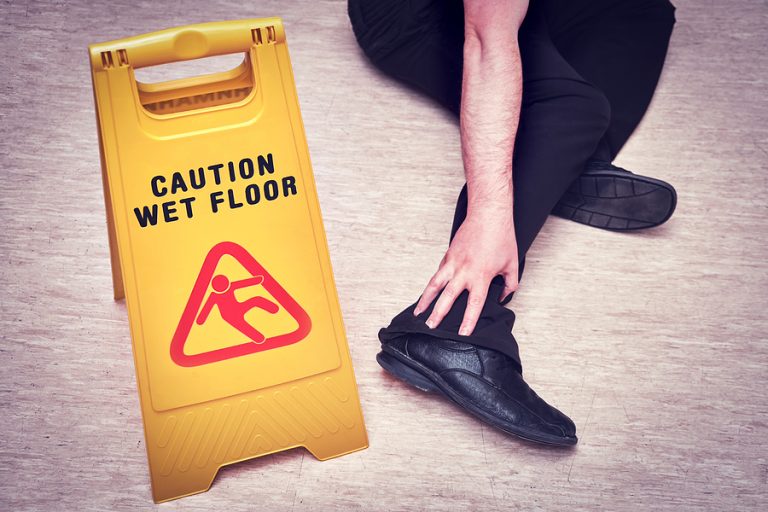4 Ways Negligence Happens On Properties
 Michael Babboni
Premises Liability
Most homeowners in St. Petersburg are probably familiar with the cliché, “Your home is your castle.” As your own property, you can decorate it however you want, perform any non-criminal activities you like, and generally live your life as you see fit. However, as a homeowner, you also have a legal obligation to maintain a reasonably safe environment for visitors.
Michael Babboni
Premises Liability
Most homeowners in St. Petersburg are probably familiar with the cliché, “Your home is your castle.” As your own property, you can decorate it however you want, perform any non-criminal activities you like, and generally live your life as you see fit. However, as a homeowner, you also have a legal obligation to maintain a reasonably safe environment for visitors.This means that if you see some aspect of your property that poses an injury risk to visitors, you should address it. If you don’t handle it, and someone injures themselves due to an interaction with that unaddressed risk, this is called premises liability. Because you knowingly ignored an injury risk, you are now legally and financially responsible for recovering the accident victim. Here are four common examples of how negligence can occur on properties.
Balcony/Railing Falls
When visitors are allowed to gather in areas above ground level, there is a requirement that some balcony or railing is in place to prevent accidental falls. This is standard practice in outdoor areas, such as apartments or condominiums, or even larger, open indoor areas, such as shopping malls with multiple levels.
However, as with any construction, balconies and railing require regular inspection. If a balcony has been poorly constructed, or time and weather have eroded the stability of these structures, there’s a real possibility that someone putting their weight on a balcony or railing can loosen it and subsequently fall.
Inadequate Security
Security precautions are implemented with the intention that they can either prevent criminal activity from happening or provide a chance for early warning and intervention to prevent acts from getting worse. However, if security features are damaged and not replaced or not properly implemented, innocents can become the victims of crime these systems were designed to prevent.
For example, a security guard who doesn’t perform the assigned rounds and instead spends time on a phone could have prevented a theft that would not have happened if the expected duties had been fulfilled. A robbery and assault in a parking lot with a broken security camera may have been prevented or interrupted had security staff been able to see the act take place.
Falling Tree Branches
Because Florida’s weather allows plants to flourish throughout the year, this is a bad combination when paired with storm season. If a tree presents a hazard to pedestrians who may be walking below, a property owner is responsible if it’s clear a tree is damaged and needs trimming or pruning to safely removes branches that may fall.
Failure to do so means that if a falling branch strikes a bystander, that is the property owner’s responsibility.
Slipping & Falling
There are numerous common examples of slips and falls depending on the area of a property. For example, a pothole in a parking lot or driveway can cause people to catch their feet and fall over.
Potholes are very easy for property owners to spot, so there is little practical excuse for leaving one unrepaired for extended periods.
Indoors, uneven surfaces, torn carpeting, or wooden staircases that have been allowed to warp so they are no longer level, are all obvious signs of a problem that can lead to visitors slipping and falling.
Again, legal responsibility for such injuries falls to the property owner if it is clear that a problem has persisted for some time and has been deliberately ignored to the point that someone else finally fell victim to the risk that was present.
If you’ve been to a home or business where you were injured due to premises liability, you should talk to a premises liability attorney in St. Petersburg. You’ll receive all the guidance you need to decide how to go about getting the compensation that the property owners owe you.
